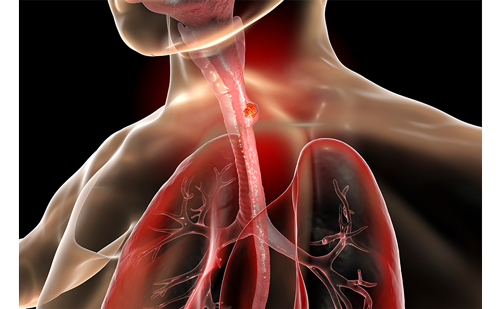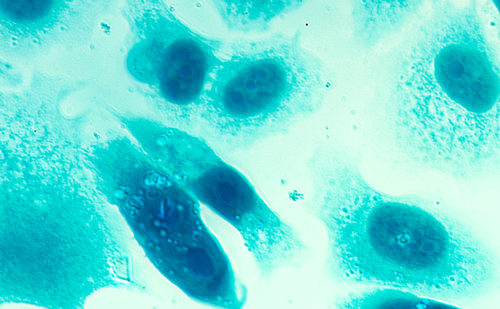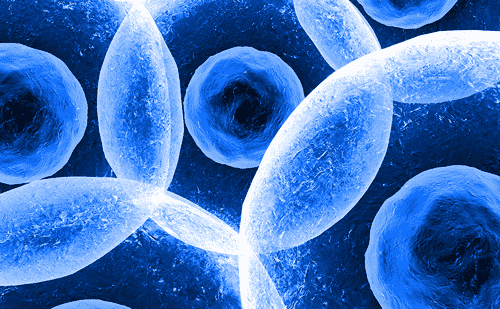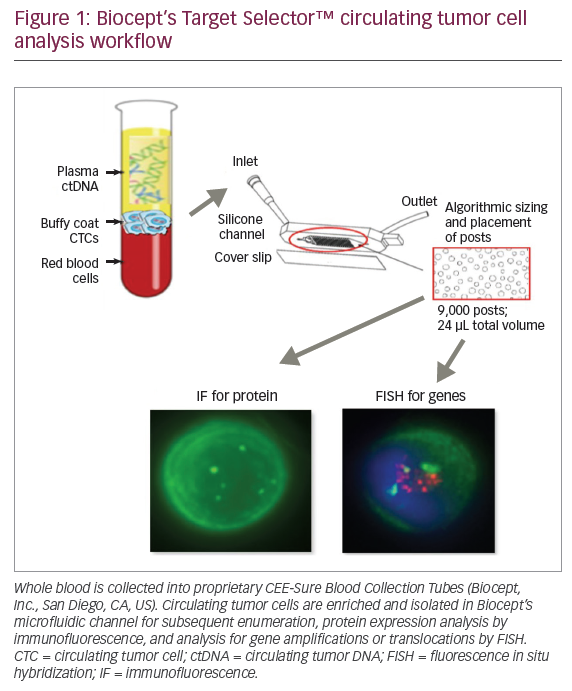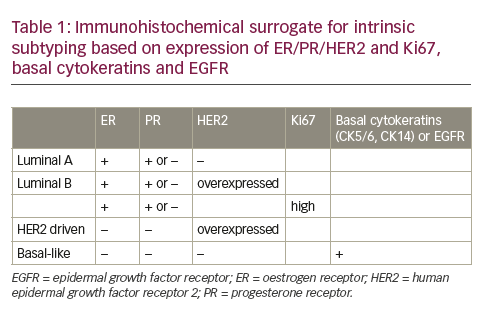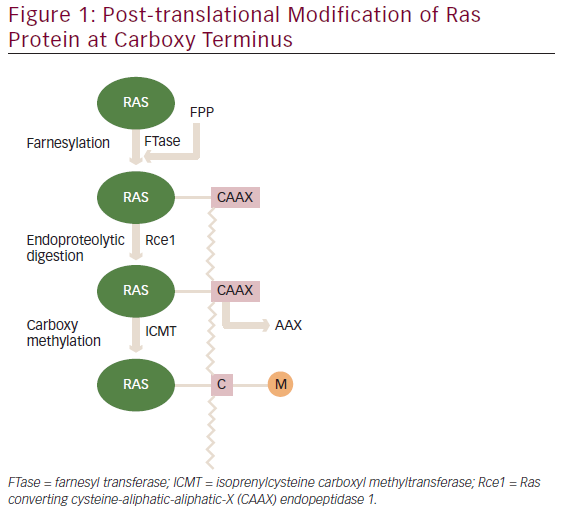Oncologists are facing challenging times. Cancer is forecast to become the leading cause of death in the US fairly soon, and is already the leading cause of disability-adjusted life years lost.1 As the workload of the practicing oncologist inevitably increases, the challenge is only compounded by the explosion of knowledge in the cancer space. As of September 2015, PubMed contains more than 2.7 million articles filed under the Medical Subject Heading (MeSH) heading “Neoplasms” with more than 100,000 new articles accruing annually since 2011. Compare this with the 924,000 articles filed under the MeSH heading “Heart Diseases,” 329,000 under “Diabetes Mellitus,” and roughly 4,500 under the latest buzzword, “Microbiota” (the MeSH heading for microbiome). To keep up with just the cancer literature, one would have to read 17 articles per waking hour (with a generous 8 hours per day for sleep and other personal activities)—365 days per year.
This is obviously not tenable, even within any particular sub-subspecialty of oncology. The National Academy of Engineering of the National Academies has recognized the problem as one of their “Grand Challenges” facing the next generation; to quote: “Doctors suffering from information overload need systematic electronic systems for finding information to treat specific patients and decision support systems to offer ‘just in time, just for me’ advice at the point of care.” Fortunately, there are a number of resources available right now to aid the practicing oncologist.2 The key to the usefulness of these resources is the ubiquitous availability of the Internet, as well as the increasing availability of purpose-built solutions.
In our paper presented at the 2015 American Society of Clinical Oncology (ASCO) Annual Meeting,2 we break these resources up into three categories: general medical knowledge bases, oncology-specific sites, and social media platforms. Briefly, the most well-known general knowledge bases are PubMed, Google, and UpToDate, all of which are under continuous evolution to increase usefulness. Wikipedia, an open and collaborative wiki, has also been recently shown to be highly accurate and increasingly complete.3 Oncology-specific sites include those with useful dosing and prognostic calculators, those sponsored by medical societies, for example, the ASCO University (http://university.asco.org) and the American Society of Hematology (ASH) Image Bank (http://imagebank.hematology.org), and those addressing specific topics in oncology. As an example of the latter, we have been building a comprehensive Chemotherapy Regimen Library, as a collaborative wiki similar to Wikipedia (except that only healthcare professionals can make edits/additions), entitled HemOnc.org.4,5 As of September 2015, HemOnc.org has >1,600 disease-specific chemotherapy regimens across 77 distinct solid oncology, benign, and malignant hematology conditions.
Social media is an emerging platform to aid practitioners both as a directed education tool and as an opportunity to share knowledge and wisdom with others.6 Two exciting future solutions for oncologists are purpose-built “rapid learning systems” and oncology-specific “apps.” The most well known of the former are ASCO’s CancerLinQ,7,8 OncoAnalytics (Flatiron Health, Inc.), and the Oncology Research Information Exchange Network (ORIEN, M2Gen). In terms of the latter, an entire “ecosystem” is beginning to emerge of apps that work within and outside of conventional electronic health records (EHRs), led by the Substitutable Medical Apps, Reusable Technologies (SMART) on Fast Healthcare Interoperability Resources (FHIR) effort.9
FHIR is a flexible standard undergoing development by Health Level Seven International (HL7), the most well-known clinical standards development organization. FHIR allows for the packaging of small (or large) bits of healthcare information and moving it from one place to another. SMART on FHIR builds upon this by introducing security layers, including the ability to build an app that uses the same authentication that you might use within your EHRs. The core of FHIR is built using the “80/20” rule, which is to say that the developers wanted to include the basics, for example, demographics, vital signs, and medications, which would be found in at least 80 % of commercially installed EHR products. At the same time, FHIR allows for extensions to add data elements that might not yet be mainstream across the clinical enterprise. Earlier this year, we developed an extension to FHIR that can carry genomic data, including cancer molecular profiling panel results. This extension is now part of the Standard Profile for Genetics and has been used to build several apps.10 We are currently developing an app called SMART Precision Cancer Medicine that is intended to present a patient in the context of the relevant population, as well as to provide seamless links to knowledge bases such as HemOnc.org5 and My Cancer Genome.11
In conclusion, there has never been a more challenging time for practicing oncologists in terms of the sheer amount of knowledge to master and apply in the clinic. General and oncology-specific web resources are increasingly used within the standard clinical workflow, and future developments will continue to bring knowledge management and decision support to the point of care. While only a minority of medical oaths explicitly proscribe a commitment to lifelong learning,12 it is incumbent upon all of us to become professional information consumers in this exciting and challenging time.

